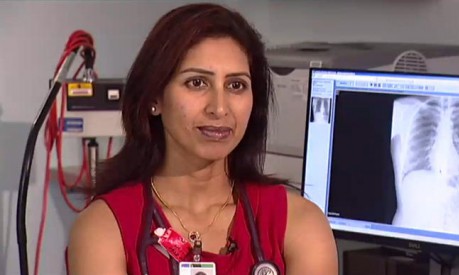In 15 years of practicing medicine, I have had one conversation about euthanasia and a handful about medical marijuana.
Alternative therapy comes up most days but the vast majority of my conversations as an oncologist are about prolonging life.
They are about doing the utmost to extract the last drops from a finite life, if not for their own sake then for the sake of a child’s graduation, a grandchild’s birth, a friend’s wedding.
The miracle my patients yearn for is not deliverance from their terrible disease but a little more time to cherish life, with all its shortcomings. They say that the drudgery of life beats the anonymity of death.
Yet as I walked out of a parliamentary committee hearing on end of life choices, a woman confronted me and nearly spat at me with silent rage.
“How dare doctors tell me I am not allowed to die?” she said.
Although this had not been the essence of my submission, her anger was palpable as she held out photos of her emaciated sister.
“I’m sorry,” I replied.
“Sorry isn’t good enough!” she scoffed.
I saw that she viewed the medical profession as the last bastion against the dignified death her sister was owed.
The encounter was still on my mind when I met a favourite patient. He was gaunt and frail, living from one morphine dose to the next. A proud farmer who used to tame intemperate bulls, he couldn’t lift a glass of water now.
“I’ll die when I die,” he shrugged, “but I don’t want my doctor to kill me.”
This man held a strong opinion that no doctor should perform the dual role of sustaining and extinguishing life.
These two accounts illustrate the real dilemma faced by many in the medical profession when it comes to doctor-assisted euthanasia.
Our lived experience rarely matches the febrile and polarising debate occurring in the community. Continue reading
- Dr. Ranjana Srivastava is an Australian oncologist, a Fulbright scholar and an award-winning author. Her latest book is After Cancer: A Guide to Living Well.
News category: Analysis and Comment.




